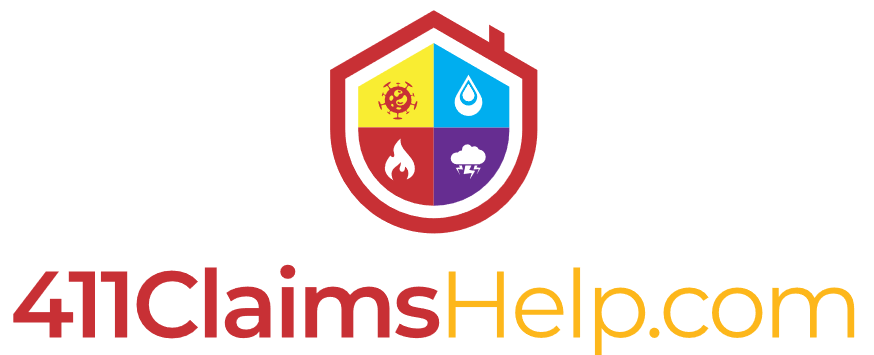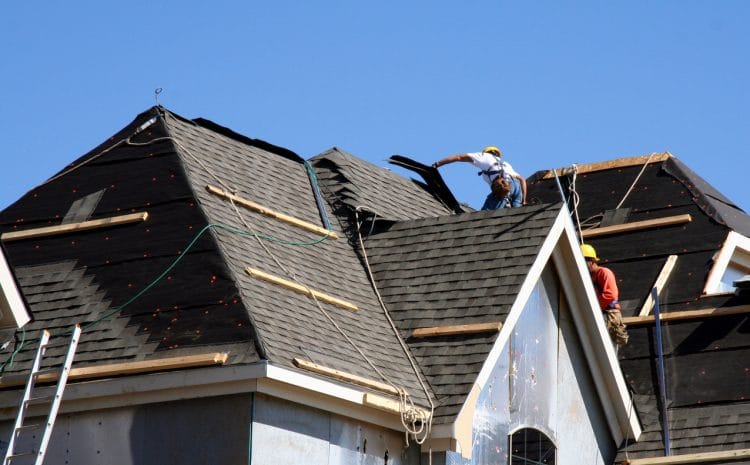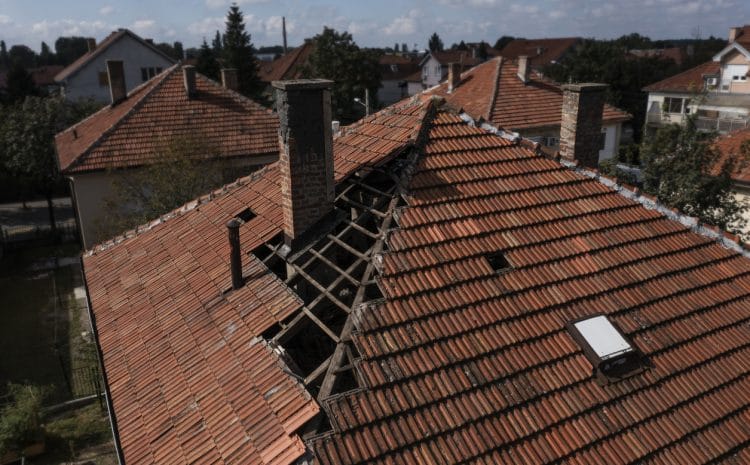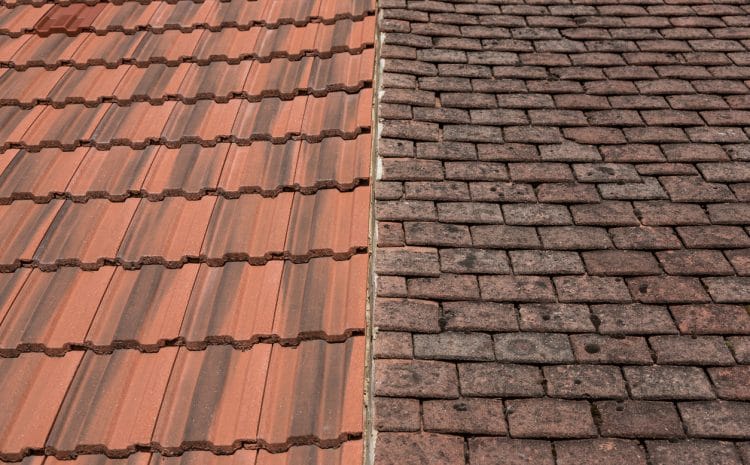What to Do After Damage to Rental Property – A Landlord’s Action Guide
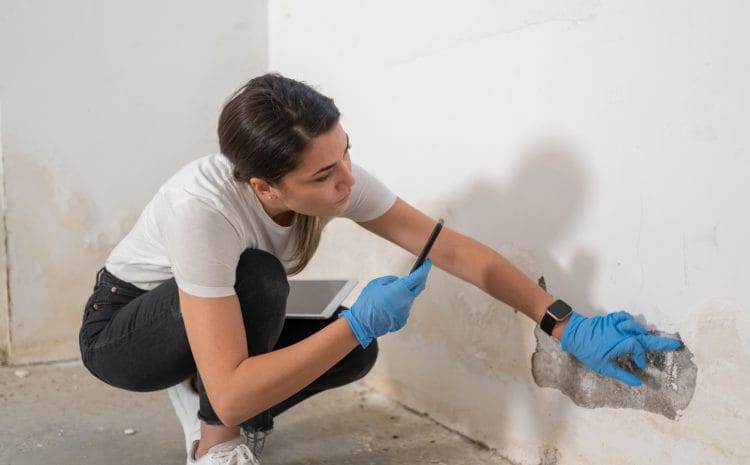
Rental property damage can feel overwhelming—especially if it’s unexpected or caused by tenants. Whether it’s torn wallpaper, water leaks, or structural destruction, Florida landlords need a clear action plan. In this guide, we’ll break down what to do after damage to rental property, your rights, responsibilities, and when insurance or legal help steps in. We’ll also discuss specific issues like water damage, wallpaper damage, insurance claims, and tenant accountability.
Understanding Rental Property Damage: Common Types & Causes
Not all damage is the same. Identifying what type you’re dealing with is key to determining how to proceed. Generally, rental property damage falls into one of three categories:
1. Normal Wear and Tear vs. Tenant-Caused Damage
- Normal wear and tear refers to aging or deterioration over time: fading paint, minor scuffs, etc.
- Tenant-caused damage includes broken fixtures, holes in walls, pet-related stains, or wallpaper damage not caused by natural wear.
2. Accidental vs. Intentional Damage
- Accidental damage (e.g., broken window during a storm) may be covered by insurance.
- Intentional damage (e.g., vandalism by a disgruntled tenant) can lead to legal action.
3. Natural Disaster or Plumbing Failures
- Especially in Florida, hurricane or water damage can occur. When water damage affects tenant property, the question becomes: Is the landlord responsible?
Step-by-Step Guide: What to Do If Tenant Damages Rental Property
Dealing with property damage requires speed, documentation, and professionalism. Here’s a structured approach for Florida landlords:
Step 1: Inspect and Document the Damage
- Walk through the property with a camera or smartphone.
- Take photos/videos from multiple angles.
- Note timestamps and the date of discovery.
Step 2: Notify the Tenant in Writing
- Send a detailed notice outlining the damage.
- Include evidence and allow the tenant to respond.
- Florida law typically requires written communication for lease violations or disputes.
Step 3: Review Your Lease Agreement
Check for clauses related to:
- Property maintenance
- Security deposit use
- Damage liability
Many leases clearly state that intentional or negligent damage is the tenant’s responsibility.
Step 4: Estimate Repairs and Costs
- Get quotes from licensed contractors or repair specialists.
- Keep all estimates and invoices on file.
Step 5: Use the Security Deposit if Applicable
Florida law allows landlords to deduct from the security deposit for:
- Unpaid rent
- Damage beyond normal wear and tear
Tip: You must provide a written notice to the tenant within 30 days of move-out explaining deductions.
Insurance and Legal Aspects
Does Renters Insurance Cover Damage to Landlord’s Property?
No, renters insurance typically covers the tenant’s belongings, not your property. However, if tenant negligence caused the damage, their policy may reimburse you indirectly.

Is Landlord Insurance Enough?
Landlord insurance may cover:
- Fire
- Storm damage
- Water leaks from plumbing (but not flood damage)
Check your policy carefully. Some coverage may require endorsements.
Are Insurance Proceeds for Rental Property Damage Taxable?
Generally, no, if used to repair or restore the property. However, if you profit from the claim or it exceeds the adjusted basis, it might be taxable. Always consult a tax advisor.
Resource: IRS – Casualty, Disaster, and Theft Losses
What Happens If You Damage a Rental Property as a Tenant?
From a landlord’s view, it’s crucial to understand a tenant’s legal exposure. In Florida:
- Tenants may be liable for repair costs.
- If the damage is substantial or intentional, they can be evicted or sued.
- In rare cases, yes—you can go to jail for damaging rental property, especially if it involves criminal mischief or arson.
When Is the Landlord Responsible for Water Damage to Tenant Property?
Florida law expects landlords to maintain a habitable living space, including proper plumbing. If water damage occurs due to:
- Negligence (e.g., unrepaired leaks), you are likely liable.
- Natural disasters or tenant actions, liability may shift.
How to Prevent and Manage Rental Property Damage
Proactive Measures for Florida Landlords:
- Perform routine inspections every 6–12 months.
- Use a detailed move-in/move-out checklist.
- Install surge protectors and plumbing alarms.
- Include a no wallpaper without permission”clause in leases to avoid wallpaper damage disputes.
Tenant Education Tips:
- Provide move-in guides.
- Clarify maintenance request procedures.
- Share what constitutes normal wear and tear vs. damage.
FAQs
Q1: What should I do first when my rental property is damaged?
A: Begin by documenting the damage with photos and written notes, then notify your tenant in writing. Review your lease and contact your insurance provider if necessary.
Q2: Can tenants be charged for wallpaper damage?
A: Yes, if it exceeds normal wear and tear or was applied/removed without permission, it’s considered tenant-caused damage.
Q3: Is landlord responsible for water damage to tenant belongings?
A: Not always. If the damage was due to tenant misuse or natural disaster, you might not be liable. If due to poor maintenance, you likely are.
Q4: Are insurance proceeds for property damage taxable?
A: Insurance money used strictly for repairs is usually non-taxable. Consult a tax professional for case-specific advice.
Q5: Can a tenant go to jail for damaging rental property?
A: If the damage is intentional and criminal in nature (e.g., vandalism, arson), legal consequences can include jail time.
Q6: Does renters insurance cover landlord property?
A: No. Renters insurance covers tenant property. Landlords need their own insurance policies for property protection.
Stay Proactive, Stay Protected
As a landlord in Florida, your best protection is being prepared. Knowing what to do when damage occurs to your rental property—from minor scuffs to major water damage—helps you take swift, legal, and financially sound actions.
When in doubt, involve professionals. Legal experts, tax advisors, and insurance agents can guide you through complex situations. And when the damage is major or involves an emergency…
Call 411 Claims Help & Emergency Mitigation & Restoration Experts
Don’t wait for the problem to worsen. If your Florida rental property has suffered serious water, fire, or tenant-inflicted damage, 411 Claims Help is here to assist. Our network of Emergency Mitigation & Restoration Experts ensures your property is restored quickly and efficiently.
✅ 24/7 Damage Assessment
✅ Property Insurance Claim Support
✅ Emergency Cleanup
✅ Fast Repairs You Can Trust
Contact us today and secure your rental investment.
